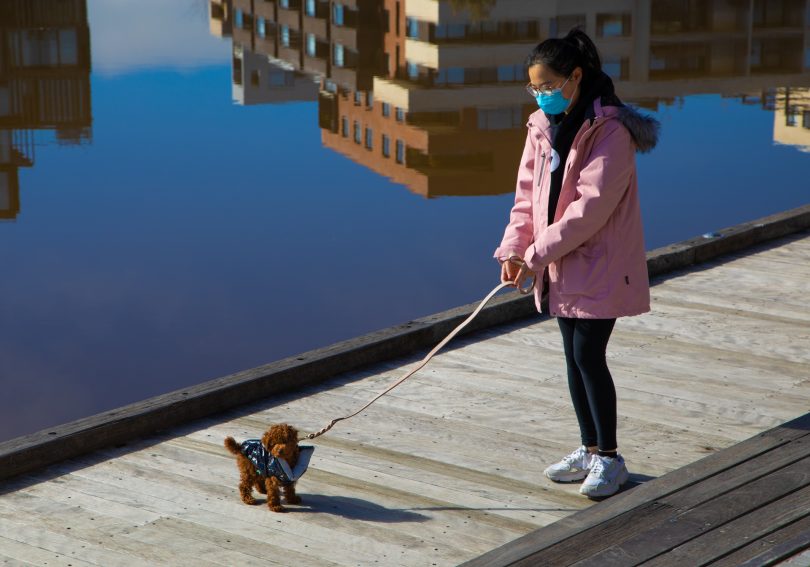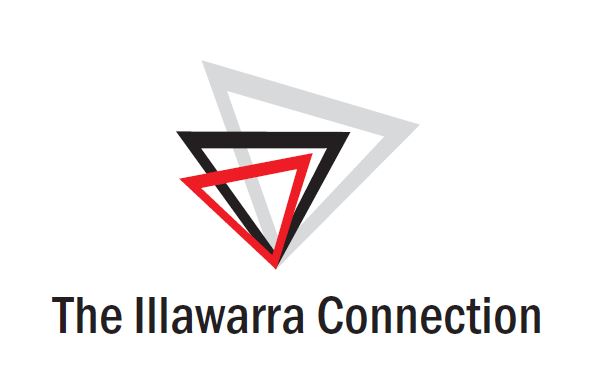
Research was undertaken by Professor Julia Quilter (above) and Grace Bowles from the UOW School of Law; Professor Luke McNamara from the UNSW Centre for Criminology, Law and Justice; and Dr Elyse Methven from the Faculty of Law at UTS. Photo: University of Wollongong.
A team of legal academics is calling for immediate reform of the NSW fines system, after their report found marginalised children were unfairly targeted by COVID fines at the height of the pandemic.
Their research found NSW children – identified as the ”most disadvantaged” by the Commonwealth’s socio-economic index – were over-policed and issued the most fines.
Police allegedly relied on punitive options, such as fines and court attendance notices, instead of diversionary options that were available. More than half of the fines issued were for $1000 and some reached $5000 – far beyond the maximum $1100 that can be given in the NSW Children’s Court.
As a result, many children and families already facing financial hardship were pushed further into the red.
From March 2020 until September 2022, fines were issued to 3628 children in NSW for suspected breaches of COVID-19 public health orders (PHOs).
According to the report, many of them were from marginalised groups, including Aboriginal and Torres Strait Islanders, those with cognitive impairments, and experiencing socio-economic challenges, homelessness, or unsafe home environments.
“[It was] shocking to see how rapidly people were being plunged into fine debt and how distressing this was,” said one interview participant.
“I think it’s confronting for anyone to be handed a ticket with a $1000 price tag on it, but when you’re already living on the bread line … that’s magnified.”
Of the top 30 suburbs where fines were issued, none were located within Sydney’s wealthier enclaves but all of them contained a train station – suggesting these may have been ”hotspots” for police-child interactions during the pandemic.
Another finding was that the rapid pace of legislative changes made it difficult for children to understand and comply with the rules and led to errors in police enforcement.
This was especially the case during the Delta Wave, when a PHO was introduced or amended every 1.5 days.
“I’m of the view, based on our casework, that police got the law wrong and many fines were issued unlawfully,” one interviewee told the researchers.
“And therefore, you have kids working off COVID fines who probably shouldn’t have been issued with one in the first place.”

Researchers found the best approaches were jurisdictions that educated children about appropriate public health behaviour and prohibited the issuing of penalty notices to children. Photo: Michelle Kroll.
One of the researchers from the University of Wollongong School of Law, Professor Julia Quilter, said these issues revealed a broader problem with the NSW fines system.
“Kids have no or little capacity to pay fines and saddling them with crippling debts only sets them up for future failure,” Professor Quilter said.
“This is especially troubling given that fines are disproportionately issued by police to vulnerable kids already experiencing socio-economic and other forms of disadvantage.
“Police need to stop issuing fines to kids and engage in diversionary and creative problem-solving policing.”
Children and COVID-19 Fines in NSW: Impacts and Lessons for the Future Use of Penalty Notices was commissioned by the Redfern Legal Centre (RLC), the Public Interest Advocacy Centre (PIAC) and the Aboriginal Legal Service (NSW/ACT) Limited (ALS).
At its Sydney launch on Monday (20 May), the report’s authors and supporting organisations called for a fundamental rethink on how NSW children are treated to avoid saddling them with financial strain, stress, and having them mired in the justice system.
Their core recommendation is to end the issuance of penalty notices to children in NSW, as:
- They do not earn enough to pay off the fines
- Fine amounts are not adjusted to reflect the financial means of disadvantaged recipients
- Penalty notices are not an effective deterrent when children cannot, and often do not, pay the fines attached to them
- Fines compound disadvantage, and penalty notices are inconsistent with the juvenile justice objective of diverting children from the criminal justice system.
In early 2022, a coalition of legal organisations called on the NSW Premier to withdraw penalty notices issued to children as a result of suspected breaches of COVID-19 orders, and issue cautions in their place.
However, the State Government has not agreed to this request.
Original Article published by James Day on PS News.








